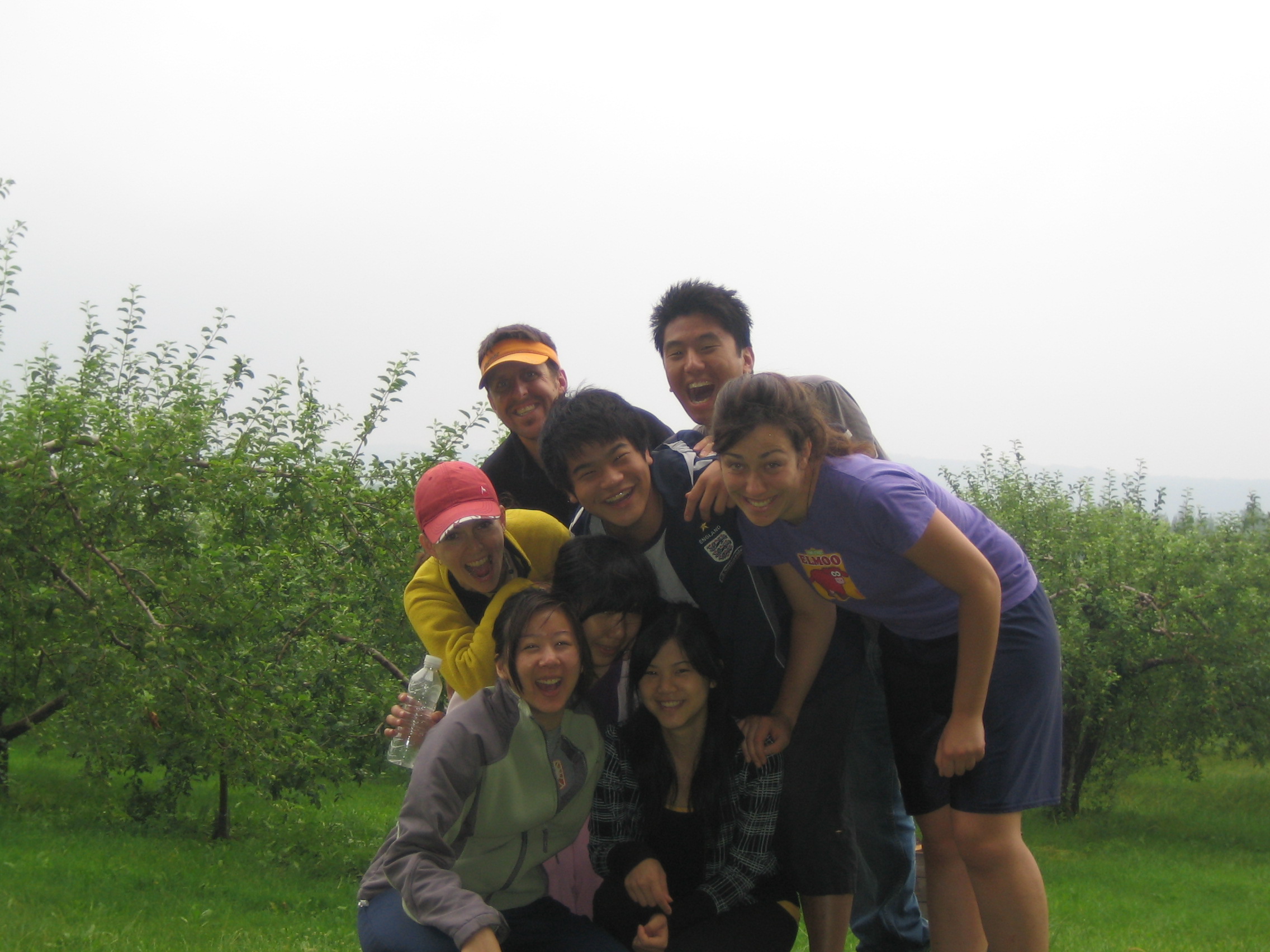“Money is the root of all evil” – we’ve all heard it before, but is it true?
We can’t live without money, but too much money can consume us and change us.
We think money can buy us and bring us everything that we want, but is it true? John D. Rockefeller after making millions of dollars admitted, “I have made millions, but they have brought me no happiness.”
Deep within us, all of us want to be loved – it’s a natural human craving. No one is born with an innate craving for money. Babies and children don’t even understand the concept of money! What we are born with is an innate craving for love and acceptance.
However, when our innate craving for love and acceptance isn’t met, especially as adolescents and adults, money enters the scene. Money is the love and acceptance of our culture. We use money to buy ourselves love. We use money to buy ourselves acceptance.
Therefore, perhaps the reason all of us want excess money is because deep down inside of us, we are all craving for love and acceptance.
